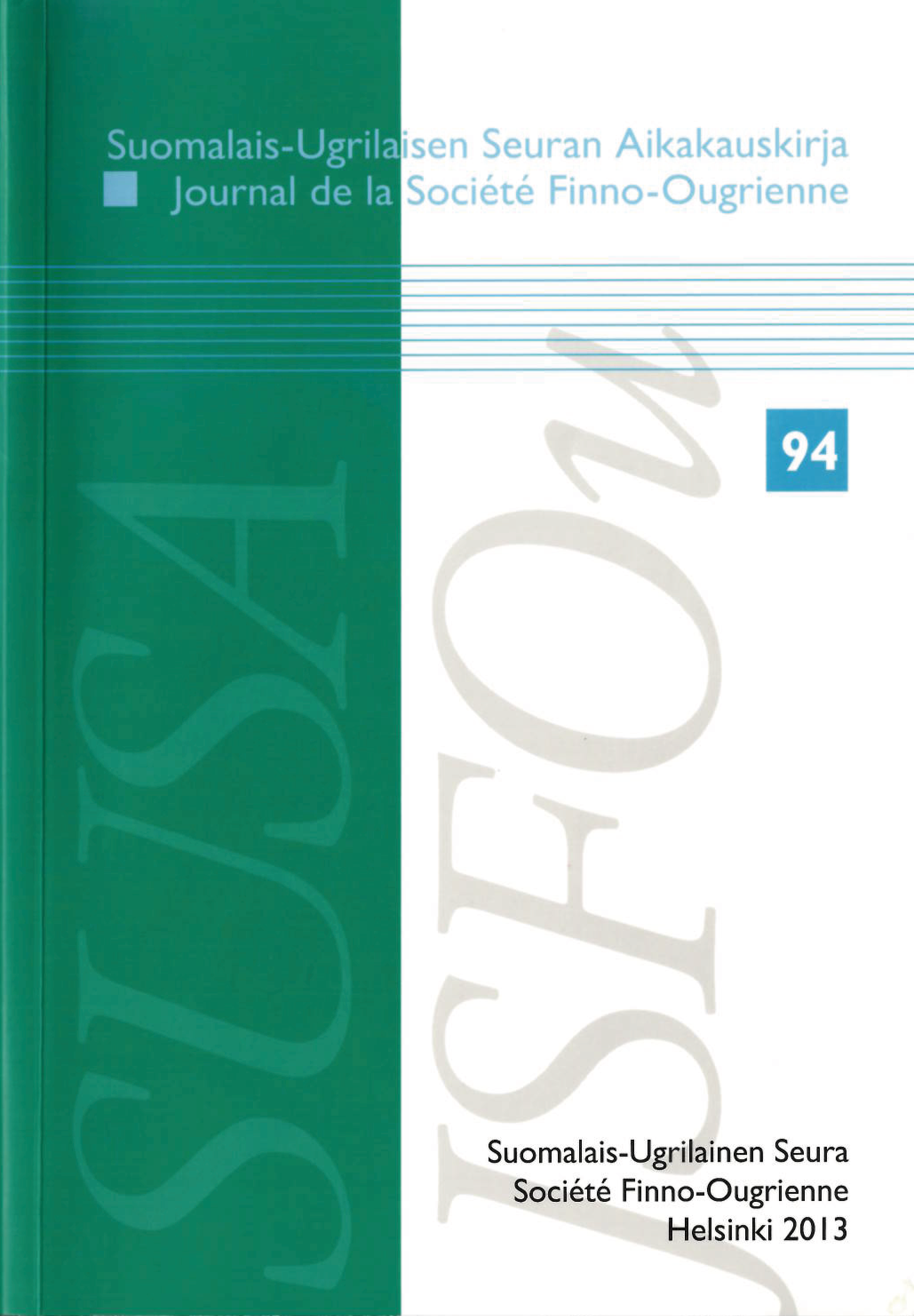Finno-Ugric Republics and Their State Languages: Balancing Powers in Constitutional Order in the Early 1990s
DOI:
https://doi.org/10.33340/susa.82605Abstrakti
Most of Russia’s national republics established titular and Russian as co-official state languages in their constitutions of the early 1990s. There is no consensus on the reasons and consequences of this act, whether it should be seen as a mere symbolic gesture, a measure to ensure a language revival, an instrument in political debate or an ethnic institution. From an institutional and comparative perspective, this study explores the constitutional systems of the Finno-Ugric republics and demonstrates that across the republics, the official status of the state languages was among the few references to ethnicity built into their constitutions. However, only in the case of language requirements for the top officials, its inclusion could be interpreted as an attempt at instrumentally using ethnicity for political ends. Otherwise, constitutional recognition of the state languages should be rather understood as an element of institutionalized ethnicity that remains a potential resource for political mobilization. This latter circumstance might clarify why federal authorities could see an obstacle for their Russian nation-building agenda in the official status of languages.





